.jpg)
On the morning of June 17, delegate Nguyen Ngoc Son, Standing Member of the National Assembly's Committee on Science, Technology and Environment ( Hai Duong delegation) participated in the discussion on the additional assessment of the results of implementing the socio-economic development plan.
Delegate Nguyen Ngoc Son commented that in 2024 and the first months of 2025, Vietnam's economy continued to record many positive highlights, demonstrating the strong leadership of the Party Central Committee, especially General Secretary To Lam, the companionship and sharing of the National Assembly, the flexible management of the Government and the synchronous participation of the entire political system in managing the country's development.
GDP growth reached 7.09%, exceeding the target set by the National Assembly, showing a solid recovery in the context of many fluctuations in the world economy. Total import-export turnover increased by 15.4%, the first time export turnover exceeded the 400 billion USD mark, affirming the resilience of the manufacturing and export sector. Disbursed FDI capital reached a record high of 25.4 billion USD, reflecting foreign investors' confidence in Vietnam's business environment.
The digital transformation, e-commerce, tourism and service sectors have all recovered strongly. Project 06 on developing digital government has had many clear results; e-commerce grew by 20%, creating conditions for expanding the market for small and medium enterprises. International tourism has recovered impressively, increasing by 40% compared to 2023, contributing to job creation and spreading to other industries such as aviation, accommodation and cuisine.
Along with the achieved results, delegate Nguyen Ngoc Son said that Vietnam's economy still faces many challenges. Growth still depends on traditional drivers such as exports, public investment and FDI, while new drivers such as digital economy, high technology, and green economy have not yet been effective. The proportion of digital economy in 2024 is estimated to only reach 18-18.3% of GDP. The efficiency of public investment is still low, the disbursement rate of public investment capital in the first 5 months of the year only reached about 22.2% of the plan, lower than expected.
"37/47, accounting for 72.3% of ministries and ministerial-level agencies; 24/63, accounting for 38.1% of localities have disbursement rates below the national average, especially 7 localities with disbursement rates below 15%. Many key national projects continue to be behind schedule, affecting the effectiveness of public investment spillover to overall growth," delegate Son added.
Along with the above challenges, delegate Son also said that domestic enterprises are still weak in competitiveness. Currently, up to 98% of enterprises are small and micro. Up to more than 57% of these enterprises, despite many timely support policies from the Government, still have difficulty accessing credit. The rate of capital access is low due to collateral requirements and complicated processes, with little ability to innovate technology.
In addition, FDI attraction has not created high added value, mainly focusing on the assembly and processing sectors. The localization rate in the FDI sector is still below 30% in many processing and manufacturing industries, and there is no close connection with domestic enterprises. The quality of human resources is still a bottleneck...
"Some policies have not kept up with reality. The organization of the implementation of the conversion of new tax management methods for business households is still inadequate, administrative procedures in some places are still overlapping, lacking synchronization between levels and sectors, causing obstacles to production and business activities. The amendment of the Land Law, Housing Law, and Real Estate Business Law, although having made strong progress, still needs to be reviewed, especially the detailed regulations to thoroughly remove barriers in investment procedures, land allocation, and land valuation," said delegate Son.
Delegate Son suggested that in the face of the above challenges, the Government needs to take specific and detailed actions, continue to make institutional breakthroughs, innovate policy-making thinking, restructure fiscal and monetary policies, improve the efficiency of public investment, remove barriers for private enterprises and have a strategy to attract FDI that brings higher added value. At the same time, it is necessary to promote digital transformation, develop a green economy and improve the quality of human resources to create a foundation for rapid and sustainable growth in the coming time.
“I believe that if we continue to have strong institutional reforms, improve the effectiveness and efficiency of state governance, along with the synchronous efforts of the entire political system, the joint efforts of the business community and the people, the Government will not only maintain macroeconomic stability but also create a favorable foundation to strive to achieve the growth target for 2025 and the following years,” suggested Nguyen Ngoc Son, Standing Member of the National Assembly's Committee on Science, Technology and Environment.
PVSource: https://baohaiduong.vn/nen-kinh-te-viet-nam-con-doi-mat-nhieu-thach-thuc-414256.html



![[Photo] Prime Minister Pham Minh Chinh chairs a meeting of the Government Standing Committee to remove obstacles for projects.](https://vphoto.vietnam.vn/thumb/1200x675/vietnam/resource/IMAGE/2025/10/06/1759768638313_dsc-9023-jpg.webp)


![[Photo] Prime Minister Pham Minh Chinh chaired a meeting of the Steering Committee on the arrangement of public service units under ministries, branches and localities.](https://vphoto.vietnam.vn/thumb/1200x675/vietnam/resource/IMAGE/2025/10/06/1759767137532_dsc-8743-jpg.webp)



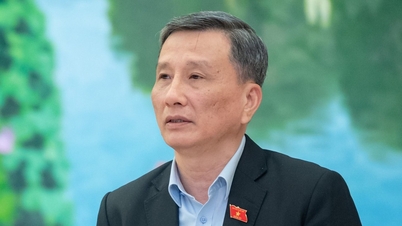

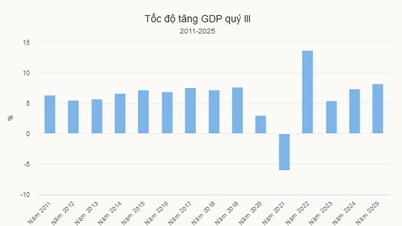

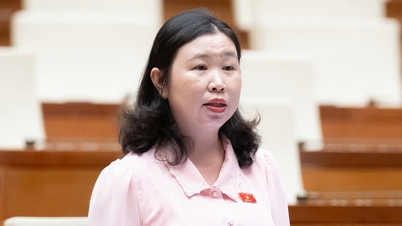

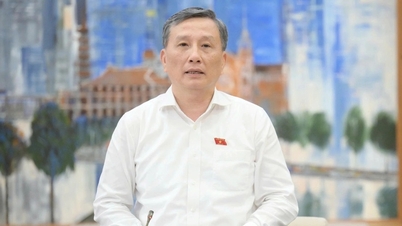



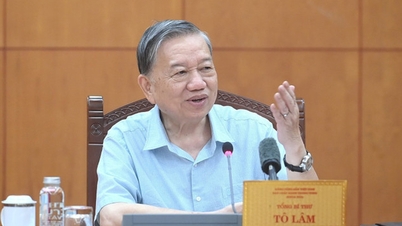

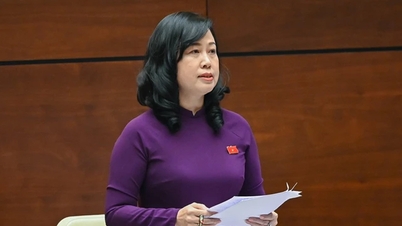









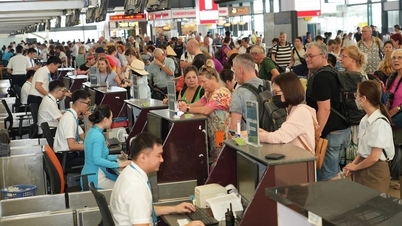



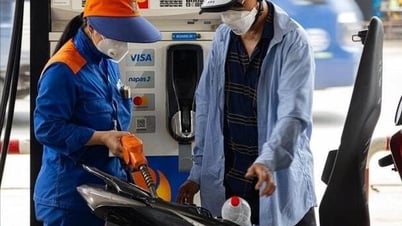
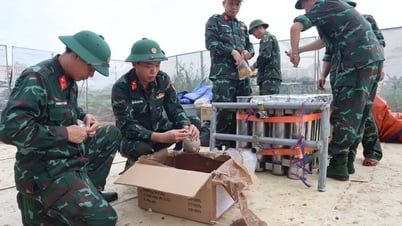
















































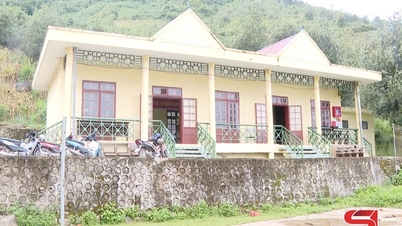



















Comment (0)